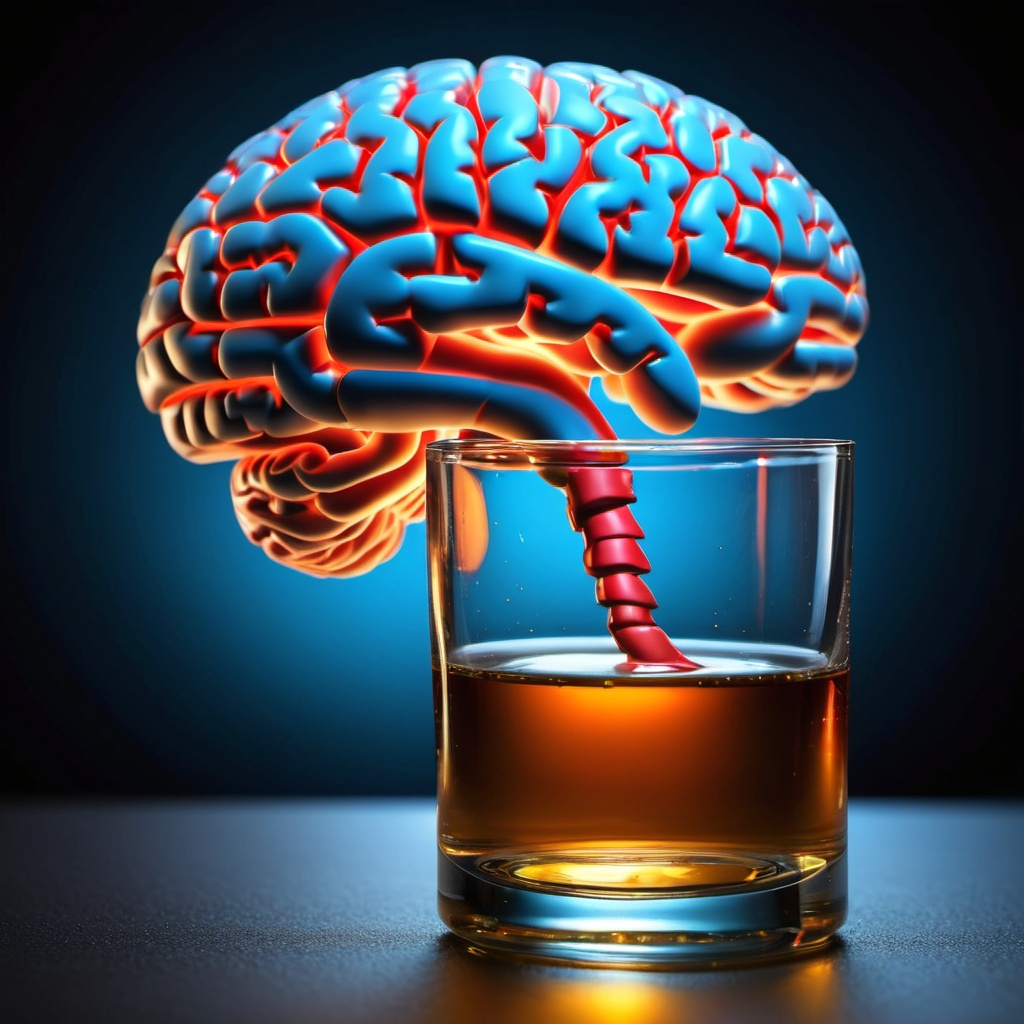What if a simple treatment could reset the brain and curb excessive drinking? Scientists at Oregon Health & Science University may have found a way. In a groundbreaking study, researchers tested a new gene therapy on monkeys conditioned to drink heavily—about 8-10 alcoholic drinks per day. The results? A dramatic 90% decrease in alcohol consumption for those treated.
How Does It Work?
The therapy involves implanting a harmless virus carrying a special gene directly into the brain’s reward center. This gene, called glial-derived neurotrophic factor (GDNF), helps restore dopamine production—the brain chemical responsible for pleasure and motivation. Over time, excessive drinking disrupts dopamine levels, making it harder to feel good without alcohol. By rebalancing the system, the therapy effectively reduced the monkeys’ urge to drink.
Why This Matters
Alcohol use disorder (AUD) is a major health crisis. In 2021 alone, over 108,000 alcohol-related deaths were recorded in the U.S.—a number surpassing drug overdose deaths. Current treatments, including medication and therapy, don’t work for everyone. If this gene therapy proves safe and effective in humans, it could be a game-changer for those struggling with severe AUD.
The Future of Treatment
While this research is still in early stages, it offers hope for new, science-backed treatments. Imagine a world where addiction isn’t just managed but potentially reversed at a biological level. What do you think—could this be the future of addiction recovery?




